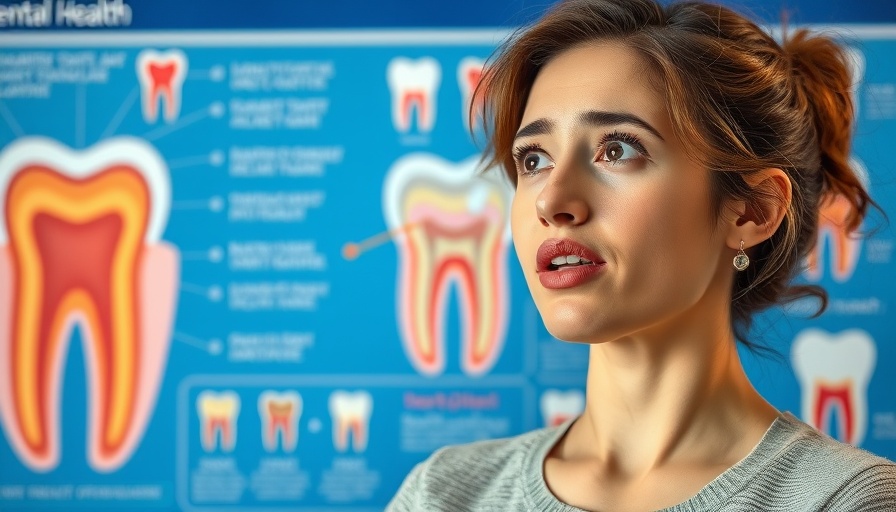
Understanding the Path to Dental Hygiene School
The journey to becoming a dental hygienist is a common aspiration among those interested in dental care and oral hygiene. A pressing question for many aspiring students is whether having experience as a dental assistant prior to entering dental hygiene school is necessary. The short answer is no. Most dental hygiene programs prioritize academic performance and specific prerequisites rather than previous dental assisting experience.
In 'dental assisting before dental hygiene school? #shorts', the discussion dives into the relevance of prior dental assisting experience, prompting a deeper exploration of what truly matters when applying to dental hygiene programs.
While some schools may reward applicants with dental assisting experience through a point-based system, it is generally not a requirement. This means that even if you have never worked as a dental assistant, you can still successfully apply to dental hygiene programs without any disadvantages. As a result, aspiring dental hygienists should concentrate on fulfilling their program requirements and focus on relevant academic coursework.
Academic Focus vs. Practical Experience
Dental hygiene and dental assisting, although closely related, are distinct careers with different focuses. All dental hygiene schools typically cover their curriculum as if students are starting from scratch, regardless of any prior assisting experience. This is crucial for students to understand, as many may feel apprehensive about their lack of experience.
For example, one common transition for those who previously worked as dental assistants is adapting to the specific techniques taught in dental hygiene programs. An illustration of this can be seen when discussing the process of taking dental X-rays: students might have learned different methods as assistants compared to what is expected in their hygiene training. Thus, even prior experience can sometimes complicate the learning process, as students must adjust to new standards and grading systems.
Choosing the Right Program
For individuals considering entering dental hygiene programs, it is essential to research prospective schools. Reviewing admissions pages on school websites can help applicants verify specific entry requirements and understand if any preference is given for assisting experience, thus easing their journey into the field.
Students should be aware that while dental assisting may lend some helpful skills, such as patient interaction and familiarity with dental terminology, it is not a prerequisite for succeeding in dental hygiene school. These programs offer comprehensive education to prepare graduates for effective dental health practices.
Preparing for Dental Hygiene School: What to Focus On
As you think about your future in dental hygiene, consider focusing on the following essential areas to prepare for your application:
- Prerequisite Courses: Ensure you have completed all necessary academic courses required by your chosen program, such as biology, chemistry, and health sciences.
- Application Deadlines: Be diligent about noting deadlines for applications to ensure your materials are submitted on time. This includes gathering transcripts and letters of recommendation.
- Personal Statement: Craft a strong personal statement that outlines your passion for dental health, your desire to serve patients, and your goals in the field. This can set you apart from other candidates.
- Hands-On Skills: Even if prior experience as an assistant isn’t necessary, consider engaging in voluntary work or job shadowing to gain familiarity with the dental environment and broaden your understanding of patient care.
Embracing Your Dental Education Journey
Ultimately, whether you have previous dental assisting experience or not, the most crucial aspect of applying to dental hygiene school is to meet academic requirements and prepare for the unique challenges that will arise during your studies. The dental community welcomes passionate individuals ready to advocate for oral health and improve patient experiences.
As you embark on this educational journey, remember that your unique perspective and dedication to learning can lead to a fulfilling career in dental hygiene. Consider incorporating essential dental hygiene practices into your daily routine for personal insight—floss daily, monitor for cavities, and maintain good oral hygiene habits; understanding these challenges will serve you well in your future profession.
 Add Row
Add Row  Add
Add 




Write A Comment